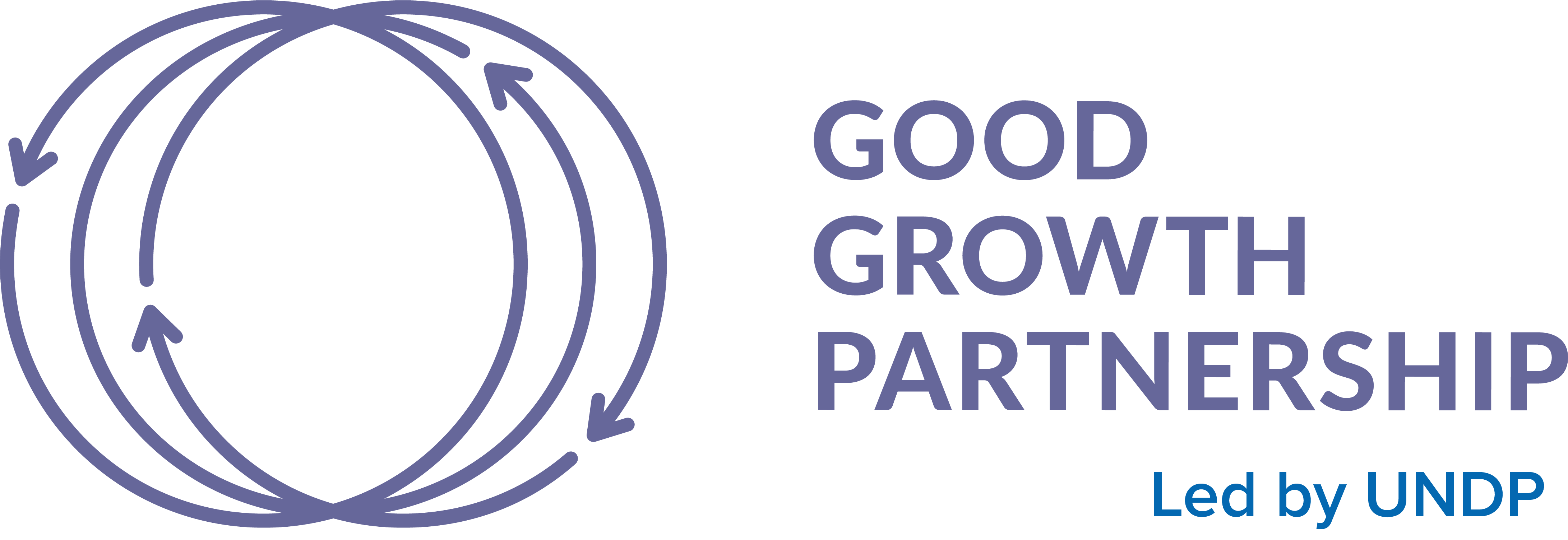
_____________
By Naoko Takahashi and Excel Ogisi, Food and Agriculture Organization of the United Nations
Amid mounting global climate concerns, Nigeria’s finance sector is making strides toward offering deforestation-free financing options in agricultural investment portfolios. The goal is to mitigate risks of commodity-driven deforestation to ensure financing does not support activities linked to deforestation and land conversion for agricultural purposes.
Changes began to take shape after a two-day workshop hosted in July by the Food and Agriculture Organization of the United Nations (FAO), through the Food Systems, Land Use and Restoration (FOLUR) Impact Program in Nigeria, supported by the UN-REDD Programme.
More than 30 leaders from seven major banks, including Nigeria’s central bank, participated with the goal of aligning the banking sector with emerging global sustainability standards, while protecting national ecosystems and livelihoods.
In addition to facing potential backlash or losses from unsustainable investments, financial institutions face other tangible challenges including regulatory penalties, reputational damage, and loss of asset value as climate volatility increases.
“As climate and deforestation risks evolve, Nigeria should continuously update its frameworks, adopt international best practices, and invest in the data/technology that underpin deforestation-free finance,” said Paul Oluikpe, head of commercial agriculture credit at the Central Bank of Nigeria. “Building a resilient agricultural sector will support both the economy and the forests for generations to come.”
Redirecting capital flows away from deforestation-linked activities and toward production systems that do not harm the environment are critical for achieving climate goals and strengthening rural livelihoods.
Nigeria is one of 27 countries under the World Bank-led FOLUR umbrella seeking to reduce deforestation related to cocoa, coffee, livestock, maize, palm oil, rice, soy, and wheat. In Nigeria, FOLUR’s focus is specifically on cocoa and oil palm value chains.
A significant producer of palm oil, the third largest producer of cocoa in Africa, and the fourth largest producer of cocoa globally, the country lost 4.5 million hectares – almost 18 percent – of forests between 1990 and 2018, one of the highest levels of deforestation worldwide.
Yet amid the risks lie immense opportunities. Nigeria’s emergent Sustainable Banking Principles provide a foundation for developing a national policy on deforestation-free financing options and banks are starting to embed environmental responsibility into their core operations.
A roadmap for mainstreaming deforestation-free finance in Nigeria was agreed at the workshop, which built on previous engagements led by FAO and FOLUR. Steps forward included analysis of everything from the use of geospatial tools to monitoring deforestation risks within portfolios to fostering coordination and harmonizing regulatory frameworks.
Financial inclusion for smallholder cocoa and oil palm farmers and small and medium enterprises engaged in sustainable land use was emphasized. Smallholders are currently among the least served by credit products from financial institutions.
Over the long term, participants envisioned a financial ecosystem in which deforestation-free and environmental, social and governance principles are fully integrated into banking standards.
Efforts could help meet new targets under the European Union Deforestation Regulation (EUDR), which aims to decouple products sold in the EU from deforestation.
[Published Aug. 7, 2025]







